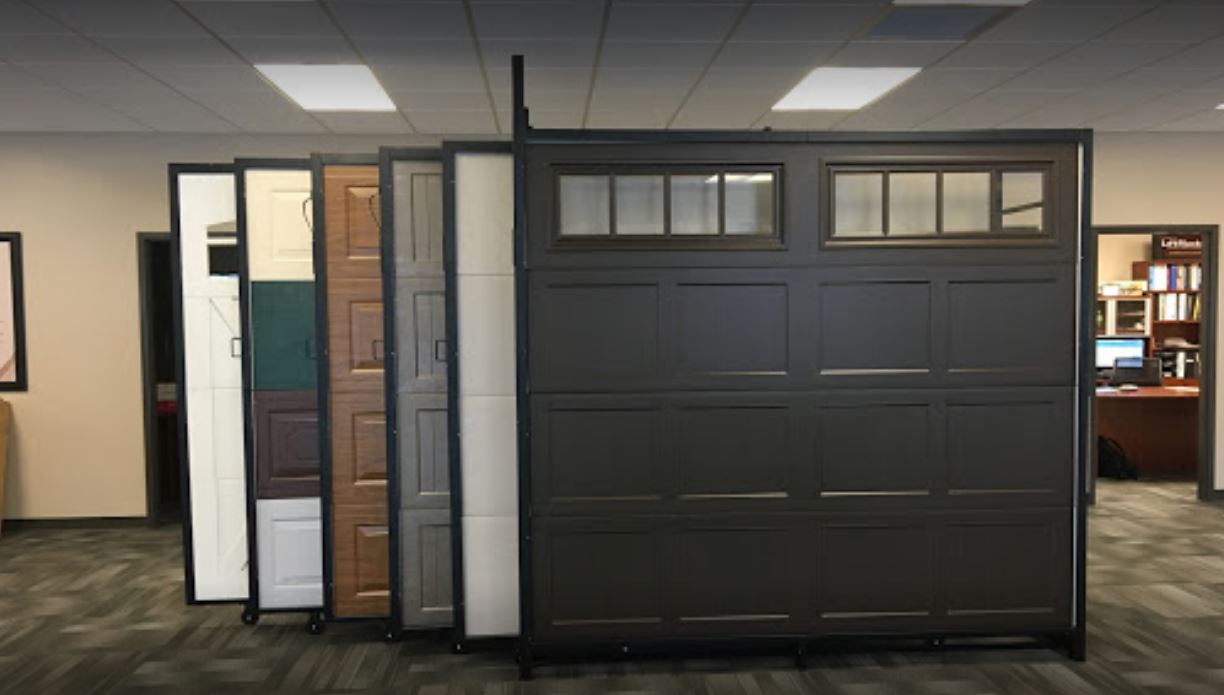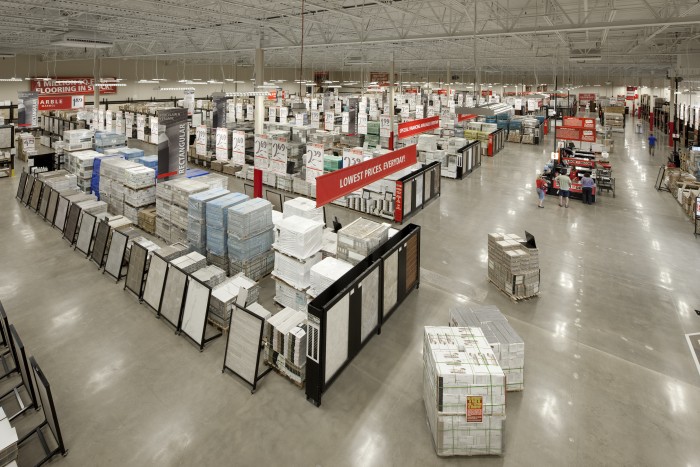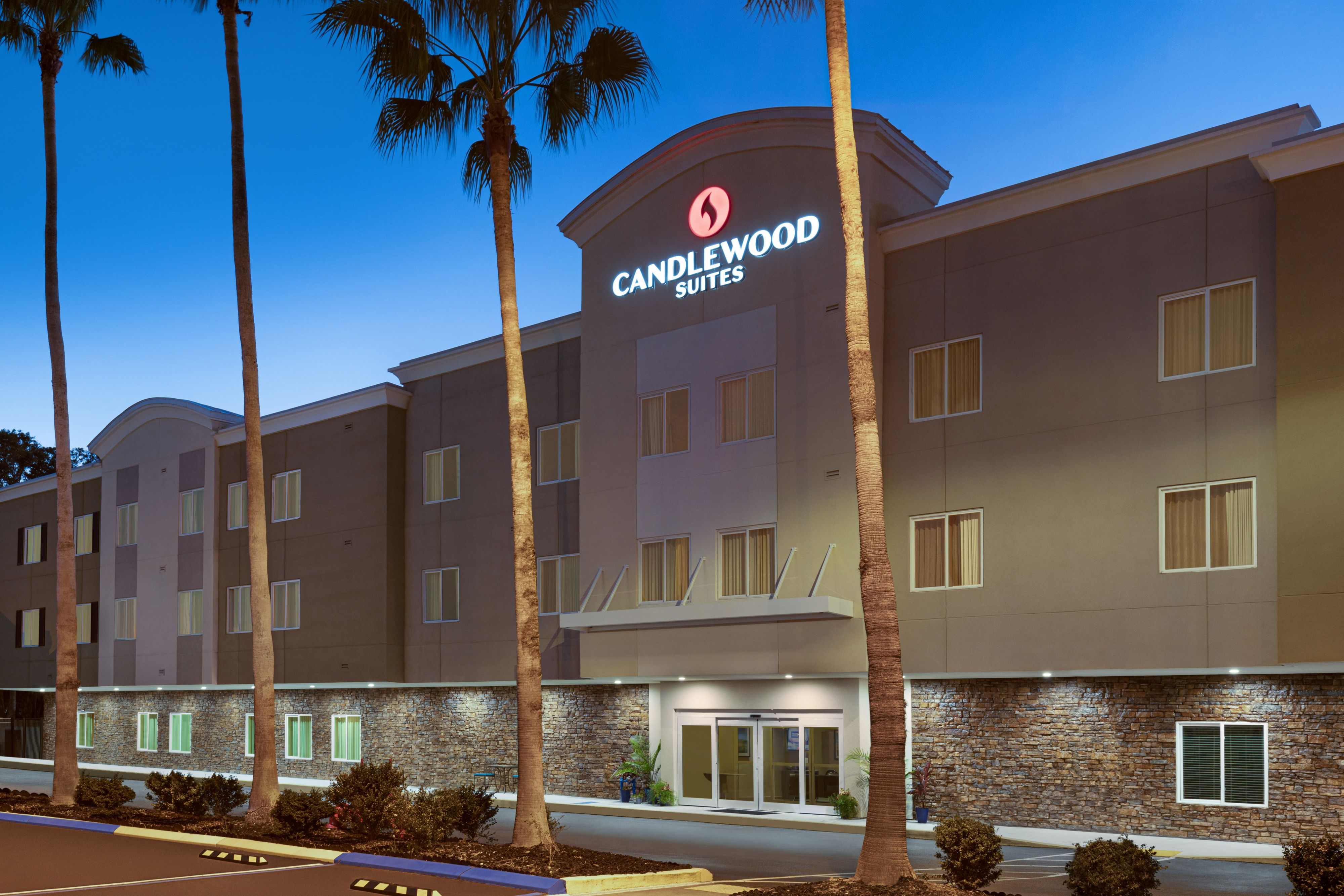Why Your Garage Door Makes Loud Noise When Closing?
2 min read
You might have noticed it. That unmistakable symphony of creaks, groans, and bangs when you close your garage door. If the noise is becoming a daily annoyance, you’re not alone. In this blog post, we will uncover the root causes of why your garage door makes a loud noise when closing and explore the potential solution of garage door replacement in Glen Allen.
Understanding the Commotion
- Misaligned Tracks
One common culprit for a loud garage door is misaligned tracks. Over time, tracks can shift, causing your door to rattle against them when it’s in motion. This misalignment is often accompanied by an annoying noise.
- Worn-Out Rollers
The rollers are essential in guiding your garage door along the tracks. If they’re worn out or damaged, they can create a loud, irritating noise as they traverse the tracks.
- Insufficient Lubrication
Like any well-oiled machine, garage doors require proper lubrication. When components like hinges, springs, and pulleys lack lubrication, they generate a screeching noise when the door is in motion.
Reigning in the Racket
- Realignment of Tracks
To tackle misaligned tracks, consider calling a professional for a thorough inspection. They can straighten and secure the tracks, ensuring your garage door operates quietly and safely.
- Roller Replacement
Worn-out rollers are a common source of noise. Consider having them replaced with high-quality, quieter alternatives. This simple upgrade can significantly reduce the clamor.
- Adequate Lubrication
A straightforward solution is to ensure all moving parts are well-lubricated. Use a silicone-based lubricant on hinges, springs, and other critical components. Regular lubrication will keep your garage door humming quietly.
- Garage Door Replacement
If your garage door is old, damaged beyond repair, or the noise persists despite your efforts, it may be time to consider a garage door replacement. Newer doors are designed with noise reduction features, offering a more peaceful solution.
In conclusion, the noisy ordeal of your garage door when closing can be tamed with some careful attention and maintenance. Misaligned tracks, worn-out rollers, or insufficient lubrication may be the culprits. However, when all else fails, a garage door replacement could provide the peace and quiet you desire.
FAQs
How often should I lubricate my garage door for optimal noise reduction?
To maintain a quieter garage door, lubricate the moving parts every six months. However, if noise persists or you notice any issues, lubricate more frequently.
What are the benefits of a garage door replacement besides noise reduction?
Beyond noise reduction, a new garage door can improve energy efficiency, enhance security, and increase your home’s curb appeal. It’s a worthy investment for multiple reasons.







